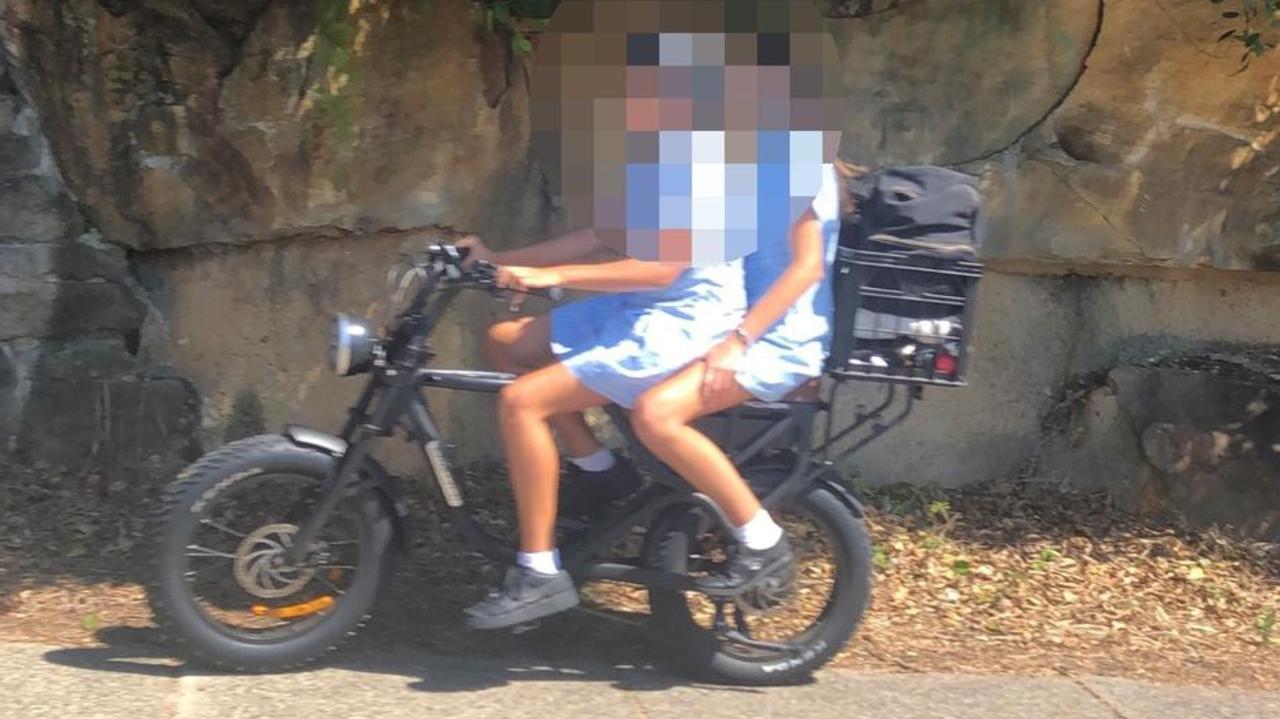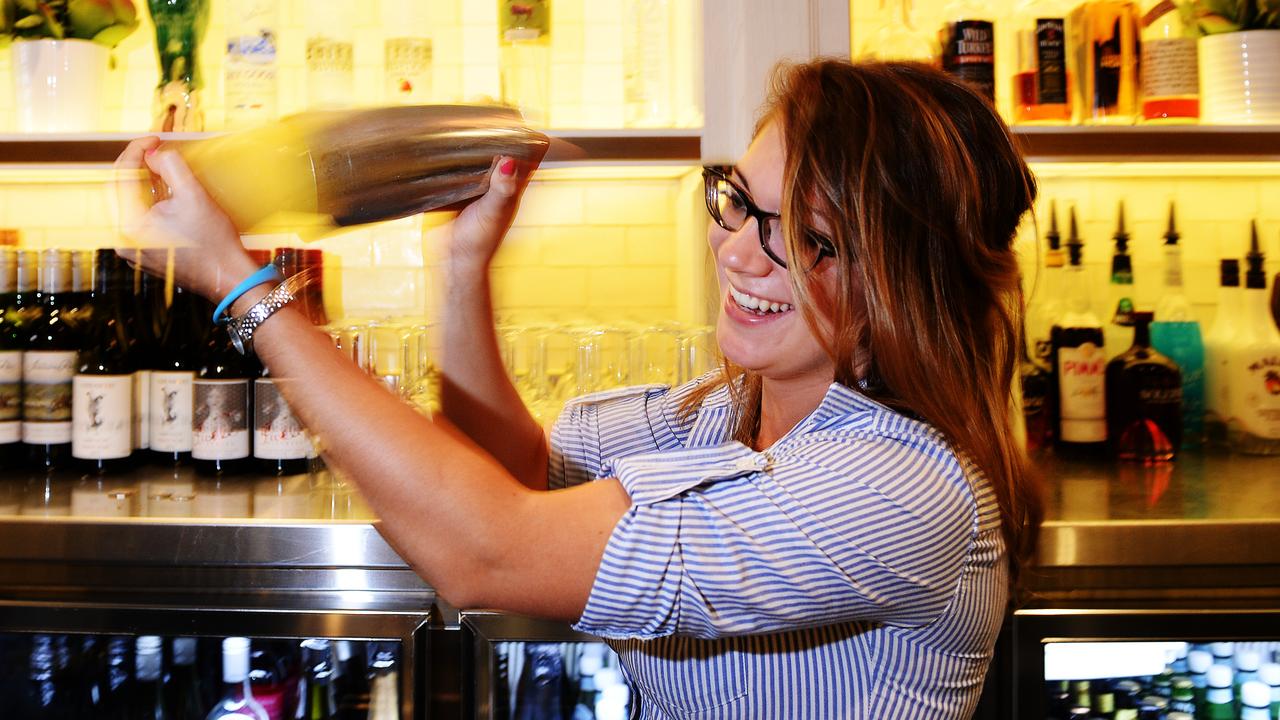Northern beaches palliative care not enough says cancer charity
DYING cancer patients on the northern beaches are going without specialised care, says a charity, as Health minister Brad Hazzard shares his own mother’s palliative care story
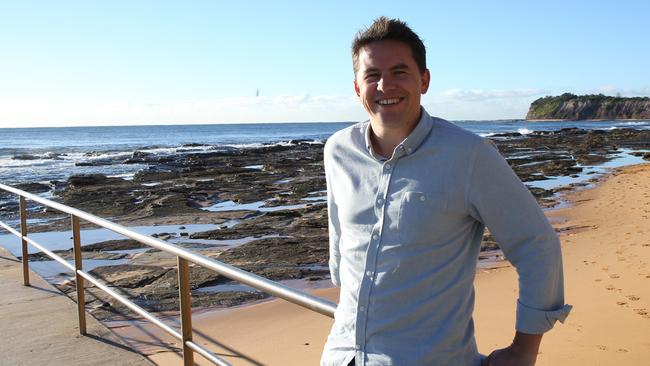
Manly
Don't miss out on the headlines from Manly. Followed categories will be added to My News.
DYING patients on the northern beaches are going without specialised care at the end of their lives.
A lack of palliative care staff means some patients with terminal cancer are being treated at hospital emergency rooms, in hospital treatment wards or getting otherwise “haphazard” care, according to a charity.
Cancer Council NSW said the state lagged behind every other part of the country and needed at least 10 more specialist doctors and 129 nurses – around 12 more nurses alone for the northern beaches, which now has just three nurses and three doctors.
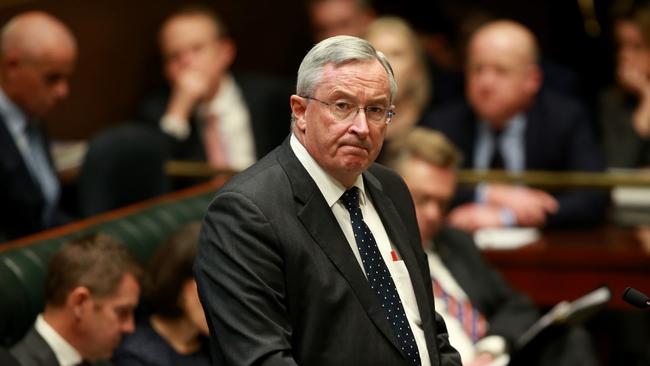
Health Minister and Wakehurst state Liberal MP Brad Hazzard spoke of the value of palliative care to his own family at the Cancer Council NSW I Care For Palliative Care campaign launch at Dee Why RSL this week.
The doctor who offered palliative care for his late mother was there and Cancer Council bosses said he “had an emotional moment” as he addressed the room.
He said: “I did recount a personal family story where I had seen up very close the benefits of having a person who I consider to this day to be an angel who delivered palliative care to a close family member,” he said,
“As it turned out, Dr Peter Moore was actually in the room, now retired but not ever forgotten.”
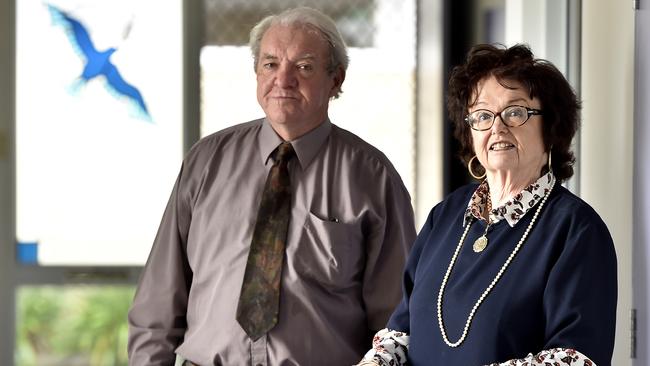
And while the mother of Mona Vale investment manager Phil Gough, 33, also received great care in her final months at Wahroonga’s Neringah Hospice, he got involved with the campaign to help other families.
Lyn Gough, of Dee Why, died three days after her 57th birthday in December after the cervical cancer she was diagnosed with in 2013 returned. After being treated at Royal North Shore Hospital she was cared for at the hospice and by the palliative care team at Mona Vale Hospital.
Mr Gough said it helped the family deal with their mum’s death much better.
“The whole situation is very traumatic but, to know that Mum was getting the best care she could have made us much more comfortable,” she said.
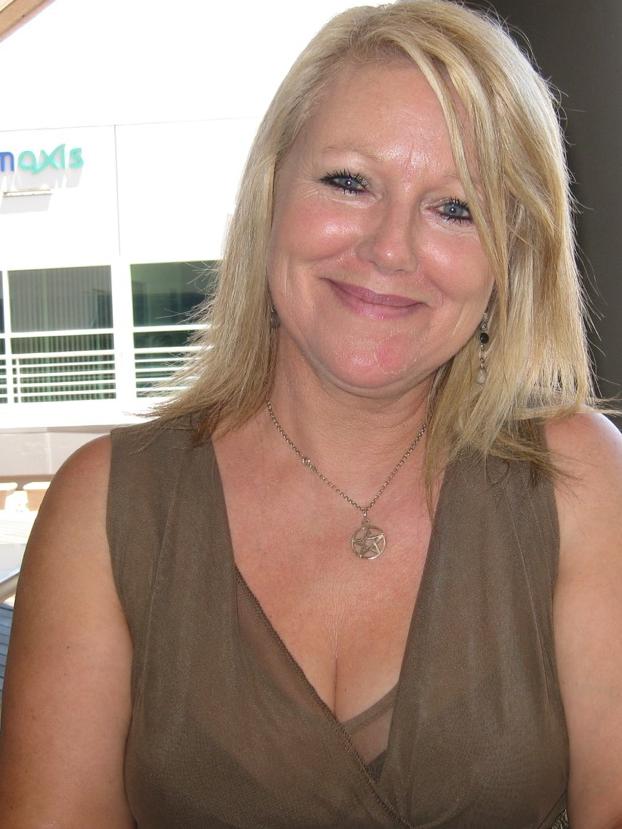
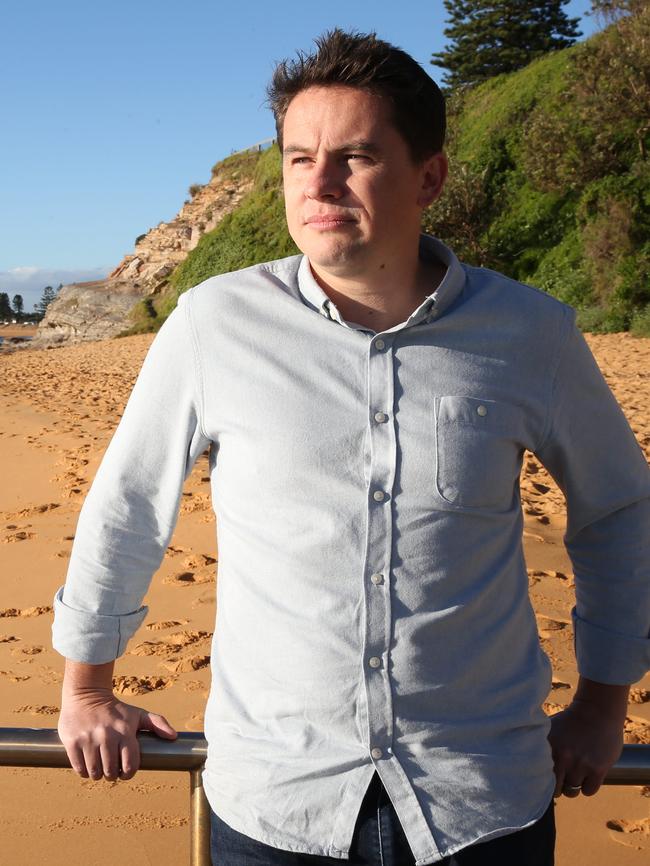
“They had a ‘jolly trolley’ so every afternoon you could have a glass of champagne with Mum. As awful as it is, they were all very lovely. I think they made our grieving process a lot better.”
However, not all are as lucky. One peninsula woman sent a written account to the launch about how, eight years ago, her partner was sent to end his life in a hospital oncology ward due to a lack of palliative care. Cancer Council NSW’s Jessica Green said the woman was still too upset to talk.
“That happened eight years ago, she lost her partner and he didn’t receive the palliative care he needed,” she said.
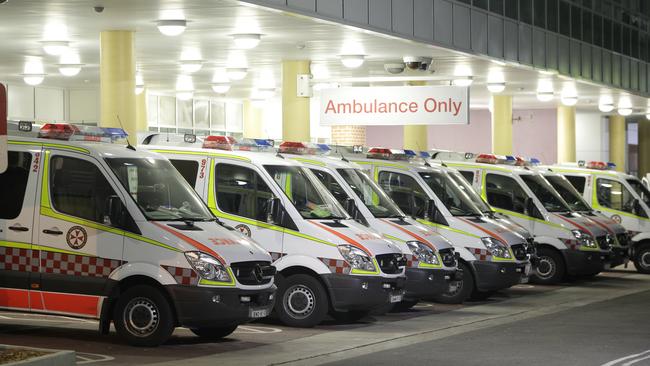
“He ended up on an oncology ward with people who weren’t specialised and she’s still grieving and traumatised from that process.
“From the anecdotal conversations it is random and it’s not necessarily that this is something you’re going to be guaranteed.”
She said people’s ability to grieve after losing their loved one was significantly affected if they went through a traumatic experience with their care.
Northern Suburbs Cancer Action Network chairwoman Liz Hing said a lack of specialist medics made care “haphazard”. Dying cancer patients could also end up at hospital emergency departments.
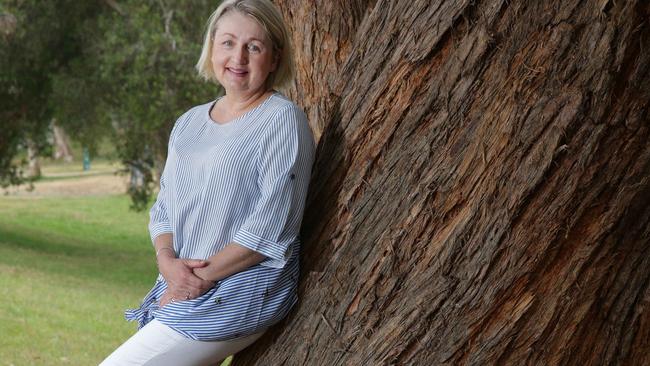
“When someone has a terminal illness it’s about getting them the best care and support they need at the time – medical, practical, emotional support. And also for their carers,” she said.
Mr Hazzard said he was holding forums on the future of palliative care and that, if needed, he would push for more investment. “If that’s the case I’ll go back to Treasury and argue the case for more resources,” he said.
Northern Sydney Local Health District said palliative care would be one of the services highlighted in the redevelopment of Mona Vale Hospital.
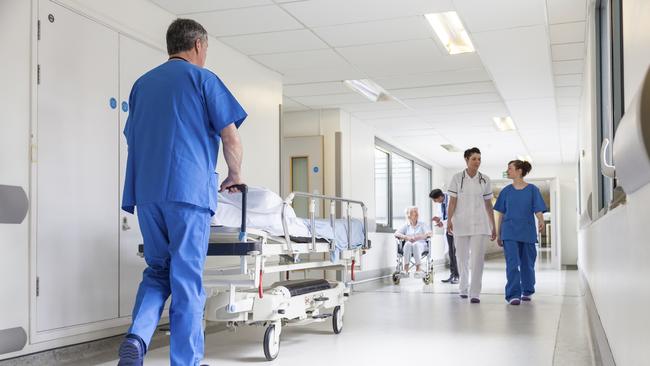
What Is Palliative Care?
Palliative care is for people who can’t be cured of their disease, such as cancer
Aims are to relieve suffering such as with pain control and psychological care, via specialised staff
Families and carers are also supported
The main peninsula facility for adults is Northern Beaches Palliative Care Service, at Mona Vale Hospital run by Hammond Care
Sign the pledge to push for better palliative care: canact.com.au/palliative_care_pledge

